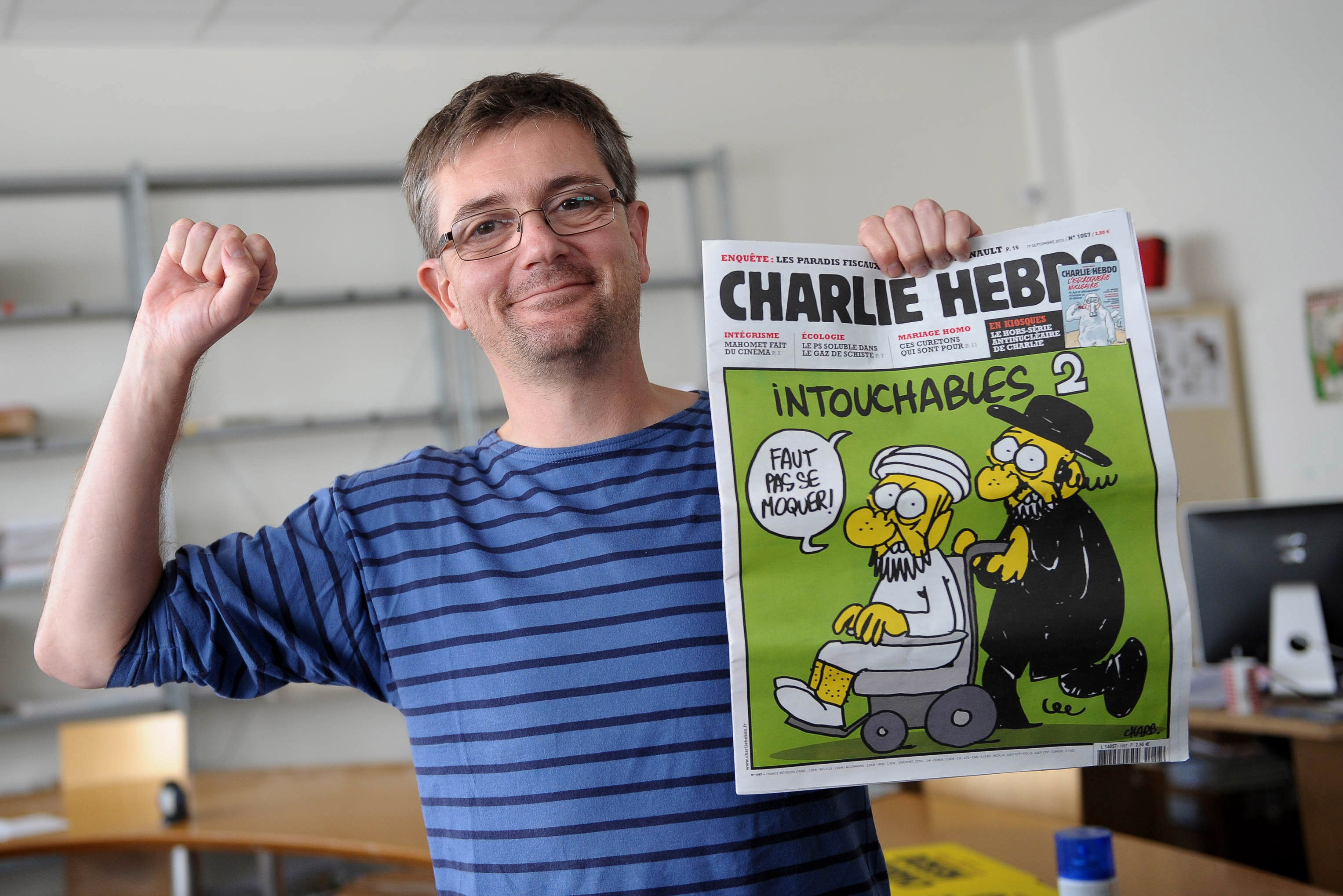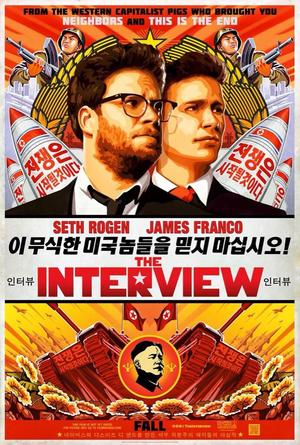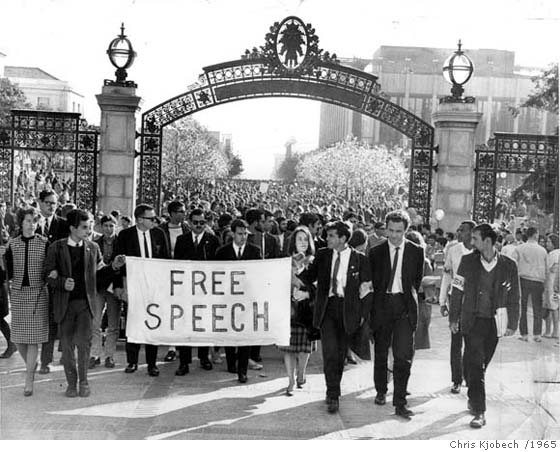Recent events threaten free expression

Pat Gareau
Editor-in-Chief
People getting killed for expression that others find objectionable. Sound familiar?
Martin Luther King Jr. was one of the great wielders of speech as a tool for causing social change. Every year at this time, he is remembered for his powerful words and the use of another first amendment right, peaceful assembly, to lead the Civil Rights movement. Dr. King paid for his revolutionary ideas and actions with his life.
His story illustrates the importance of the freedom of expression when it comes to empowering people. If speech were limited to what is socially acceptable or popular, then democratic governance would not be possible and radical progress could never be achieved. Those with bold new ideas could potentially be silenced.
Recent current events have brought these principles into the spotlight. Over the past few years we’ve had police clashes with protesters, journalists jailings in the United States, a government crackdown on press leaks, government surveillance of media outlets, and attacks on media outlets.
The most recent was the killing of 12 staffers of the French satirical magazine Charlie Hebdo. While the publication was not engaged in an urgent political cause like Dr. King, they were met with violence for using the same tool that he did- freedom of speech.
Threats of violence toward any type of free expression is a threat of violence to the very ideals on which Dr. King based his movement.
Violent extremists justifying murder with a version of Islam that is not recognized by most Muslims are not the only recent offender against free expression. Just a few weeks prior, hacks and threats against “The Interview” caused the Sony movie about a plot to kill the leader of North Korea to delay its release. This happened in the midst of another national story having to do with freedom of speech, the protests across the country following multiple questionable police killings of unarmed black men.
In Ferguson, Mo., where Michael Brown was killed, not only did police clash with protesters but journalists from major publications were intimidated and jailed. Freedom of the press is another first amendment component, along with free speech.
In addition to local government institutions like the police behaving questionably, the United States federal government has come under fire in recent years for its policies. The Society for Professional Journalists wrote a letter to the Obama administration expressing concerns over transparency last July, saying that the current administration is “stifling free expression.”
When the government does suspect that someone is leaking classified information, they have shown that they are willing to stretch the limits of the first amendment in order to find the offender. In 2013, it was revealed that the federal government was collecting phone records from the Associated Press for months on suspicion that a reporter there was receiving classified information from a source.
All of these stories in the past couple years converge on freedom of expression and the challenges in maintaining it. Citizens have to be defiant in the face of threats to free expression from all levels in order to reverse these global trends of suppression.
Not only does the right of revolutionaries like Martin Luther King have to be defended, but so does the right of intentionally offensive satirists like Charlie Hebdo, and everyone else. If someone isn’t pushing the limits and fully exercising freedom to the maximum, then the freedom means less than it would otherwise.
We also can’t single out certain types of speech that are contrary to the state’s opinion and suppress it. As long as a person isn’t actively committing crimes, they should have the right to even speak against the state and in favor of the state’s enemies. Following the attack in Paris, the French government cracked down on “hate speech,” which is a criminal offense in some cases there.
Similarly, in the United States there are some types of speech that can land you on some kind of government watch list and become cause for surveillance.
For a society to maximize it’s democratic power, it has to minimize it’s limitations on free speech. In debates about what should or shouldn’t be said, there needs to be a common understanding that there is little that can’t be said. Citizens should continue to express themselves as they see fit and be vigilant in making sure the government allows them to do so.
Do we want to live in a world where the threat of attacks from extremists and government intimidation lead to the suppression of expression? Or one where someone like Martin Luther King Jr. might one day be afraid to speak up?


